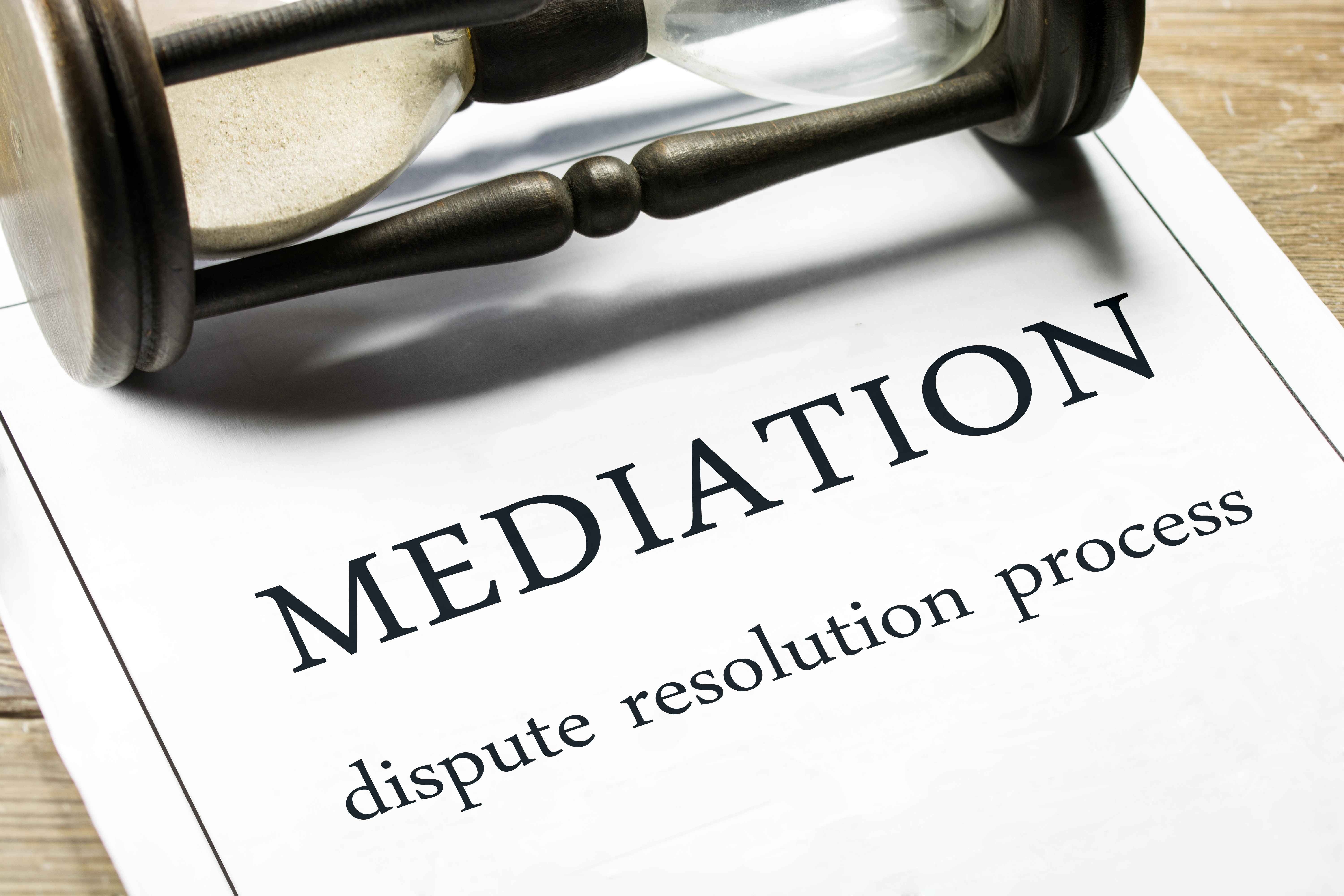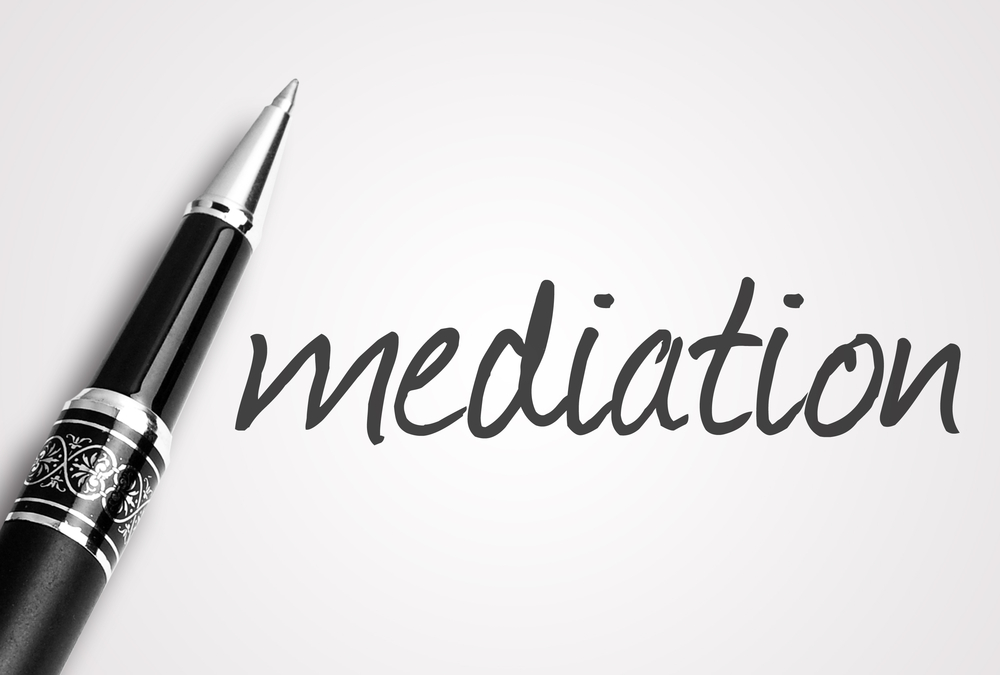Mediation is a private and confidential dispute resolution process in which an independent and neutral third party, the Mediator seeks to help the parties reach a mutually acceptable outcome. The process is voluntary and either party or the mediator can withdraw at any time. When agreement is reached, the Mediator records the client’s Agreement in a Note of Understanding.
A competent Mediator brings skills and techniques to any negotiation, including couples separation, family disputes, disputes within commercial/organisations, colleges/universities and to any other area where people who feel something that they hold dear is about to be negatively affected by another.


The Mediator does not decide who is right or wrong nor will she/he issue a judgement/decision in favour of one party. The Mediator’s function is to support the process, gather information and assist in problem solving. The Mediator seeks to clarify the issues, identify possible options and solutions, explore short, medium and long term consequences of all possible solutions, for all parties involved. The Mediator assists the parties to communicate and negotiate constructively. Resolutions must emerge from the Mediation process that are created and accepted by all parties. Agreements made in face to face negotiations are more likely to be honoured in the future. In order for parties to reach Agreement the Mediator shall manage any presenting conflict.
Mediation allows the clients to retain control over the outcome. It is commonplace for hopelessly entrenched parties to be coaxed into a new light by the intervention of a skilled mediator, in comparison to what would happen in the legal process – where a third party, namely a Judge would impose what he/she believes is a fair settlement for the parties.


When clients complete their negotiation the Mediator will record their agreements in a Note of Understanding.
If/when the clients wish to legally formalise the Mediated Agreement they will each need to engage a solicitor for legal opinion and to carry out the necessary legal work involved in incorporating the Mediated Agreement into a legally binding document. The Mediator will discuss and guide the clients through the next steps when they have completed the mediation process.
Separation and divorce are a process, continuing over a period of time, they are not a single event.
When a relationship has come to an end and a decision to separate has been reached, the mediation process can assist the parties to reach a mutually acceptable agreement on the issues relevant to their separation.
The most usual issues for discussion in couples’ separation are:
- Living arrangements
- Parenting Arrangements
- Financial support payments (spousal and or child support)
- Distribution of Assets
- Responsibility for discharging/managing outstanding liabilities
- Pensions
- Life Assurance/Insurance
- Any other matter arising from the breakdown which calls for decision on future arrangements


The workplace can be a very stressful environment; however, it is where people spend the majority of their day. Conflict on any issue can be a problem and can affect performance standards, physical and mental health. Conflict is stressful and can lead to difficulties in both the workplace and personal environment. Mediation can benefit the parties especially as they may often need to continue to work together. Mediation can help clients discuss their difficulties in a neutral environment, the mediator does not take sides, decide who is at fault nor will the mediator impose a decision.
It can be difficult to achieve resolution without compromising neutrality. A neutral facilitator (workplace mediator) who remains objective can often be the catalyst in achieving mutually acceptable outcomes. Agreements reached at mediation are more likely to be workable as the agreement has been designed by the parties themselves. The overriding aim of workplace mediation is to restore and maintain the employment relationship wherever possible. This means the focus is on working together to go forward, not determining who was right or wrong in the past.
75% of clients who engage in mediation reach a mutually agreeable outcome
Mediation is a future focused short-term process; results are reached faster in comparison to the legal process.
The parties agree to meet as opposed to being summoned to court or having solicitors negotiate on their behalf
With the exception of professional advisor use the discussion arising from mediation are confidential.
In advance of engaging in mediation the clients discuss and agree their mediator’s fee; this does not happen in the legal process, fees vary from solicitor to solicitor. If the parties go to Court they will incur barristers fees in addition to their solicitors fee.
The parties are involved in discussing and making decisions; many include review clauses in the agreement to enable them to return to mediation in the future, if necessary, to revisit their agreements in light of changing circumstances.